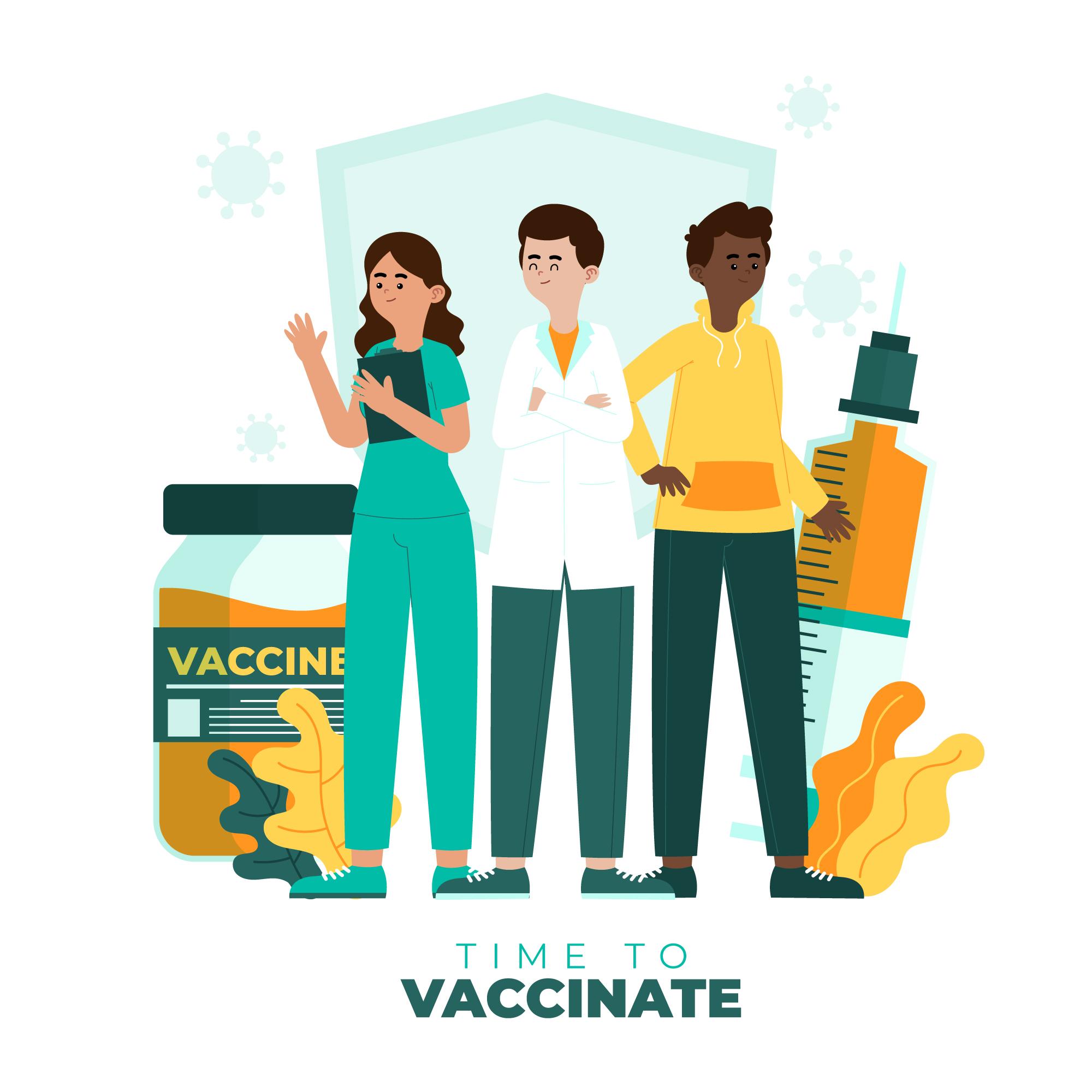Vaccination in immunocompromised patients presents unique challenges and considerations due to their weakened immune systems. These individuals, who may have conditions such as HIV/AIDS, cancer, or receiving immunosuppressive therapy, are at increased risk of severe illness from vaccine-preventable diseases. However, their compromised immune response can affect the efficacy and safety of vaccines, necessitating tailored approaches to vaccination.
Firstly, it’s crucial to recognize that immunocompromised individuals may not mount a robust immune response to vaccines compared to healthy individuals. This diminished response can result in reduced protection against the targeted disease. Therefore, alternative vaccination strategies may be required, such as administering higher vaccine doses or additional booster shots to achieve adequate immunity.
Furthermore, the timing of vaccinations is essential for immunocompromised patients, especially if they are undergoing immunosuppressive treatments like chemotherapy or receiving organ transplants.
Vaccination schedules may need to be adjusted to optimize the immune response while minimizing interference with ongoing treatments or procedures. Close coordination between healthcare providers managing the patient’s underlying condition and vaccination specialists is necessary to ensure the appropriate timing and sequencing of vaccines.
Live attenuated vaccines, which contain weakened forms of the pathogen, may pose a risk to immunocompromised individuals by causing a mild or severe infection. Therefore, these vaccines are generally contraindicated for this population. Instead, inactivated vaccines or recombinant vaccines, which use killed or genetically engineered components of the pathogen, are preferred because they cannot replicate and cause illness in the host.
Additionally, immunocompromised patients often rely on herd immunity, the indirect protection from infectious diseases that occurs when a large proportion of the population is immune, to reduce their risk of exposure to pathogens. Therefore, efforts to promote vaccination uptake among the general population are crucial to protect vulnerable individuals who may not mount a sufficient immune response to vaccines themselves.
Moreover, healthcare providers should carefully evaluate the risks and benefits of vaccination for each immunocompromised patient, taking into account their specific medical history, underlying conditions, and immunological status.
Patient education is important in ensuring informed decision-making regarding vaccination, including discussions about potential side effects, risks, and the importance of ongoing monitoring for vaccine effectiveness.
In conclusion, vaccination in immunocompromised patients requires a tailored approach that considers their unique medical needs and challenges. Close collaboration between healthcare providers, vaccination specialists, and patients is essential to optimize the efficacy and safety of vaccines in this vulnerable population, ultimately reducing their risk of severe illness and complications from vaccine-preventable diseases.

